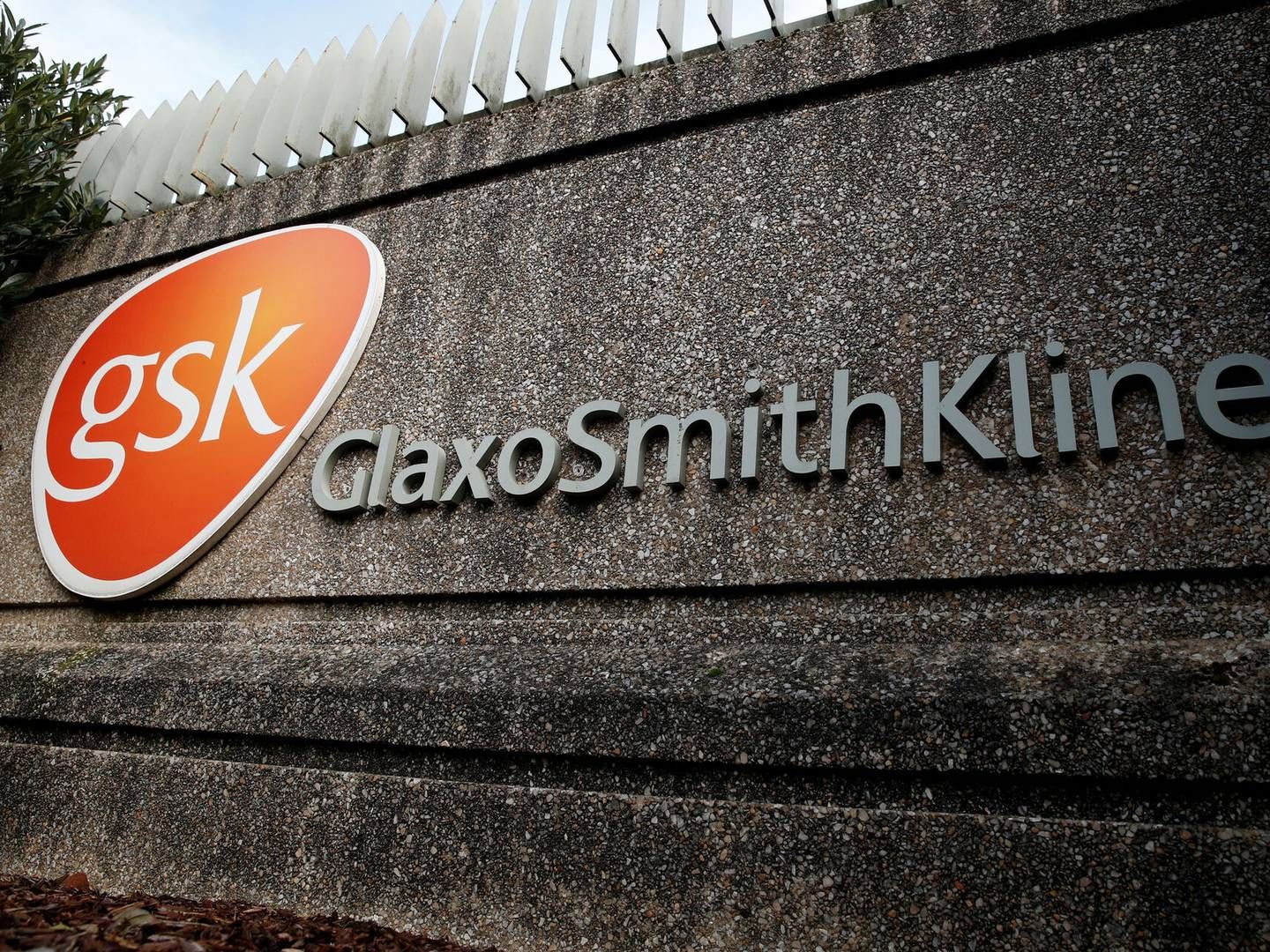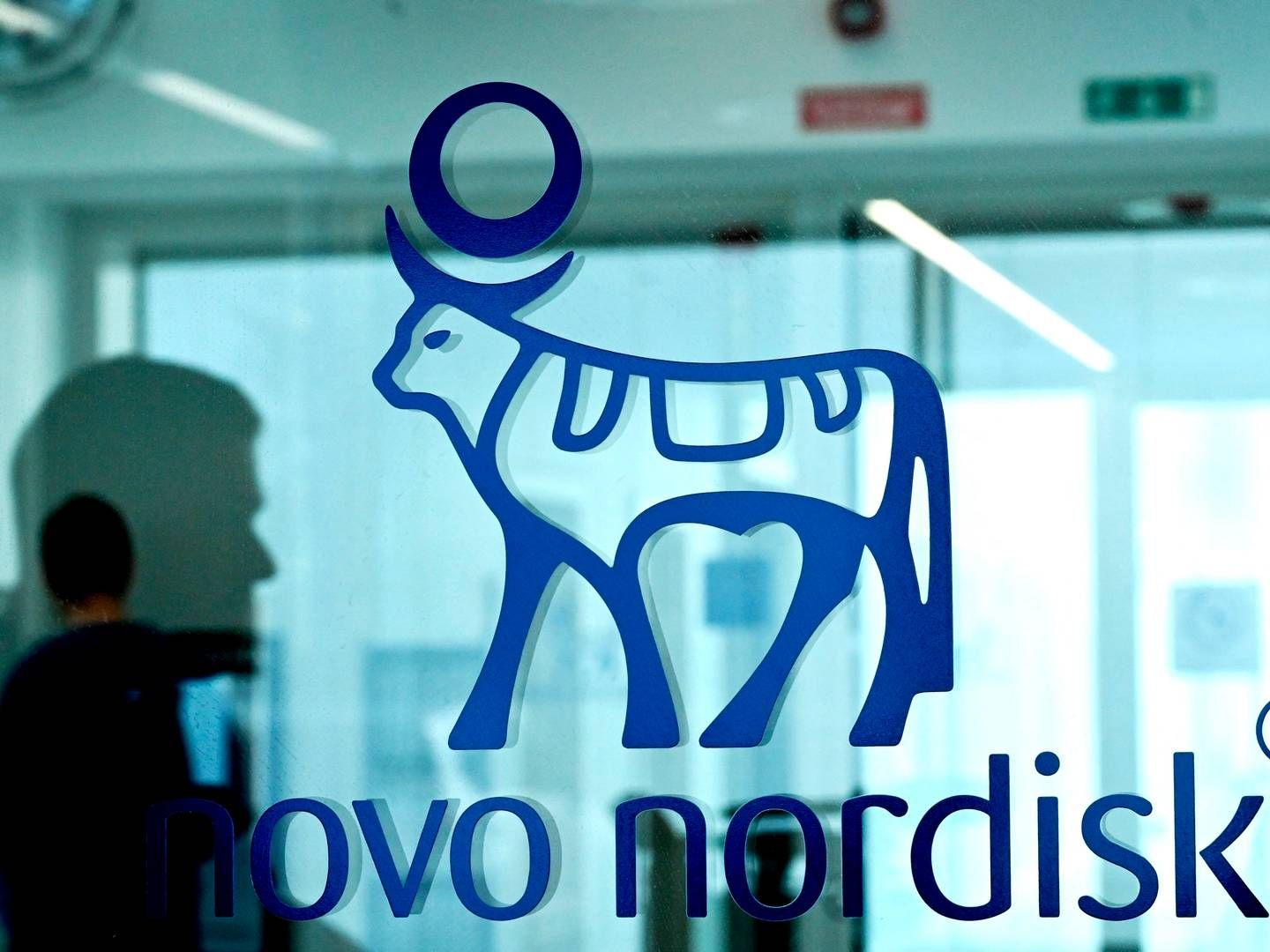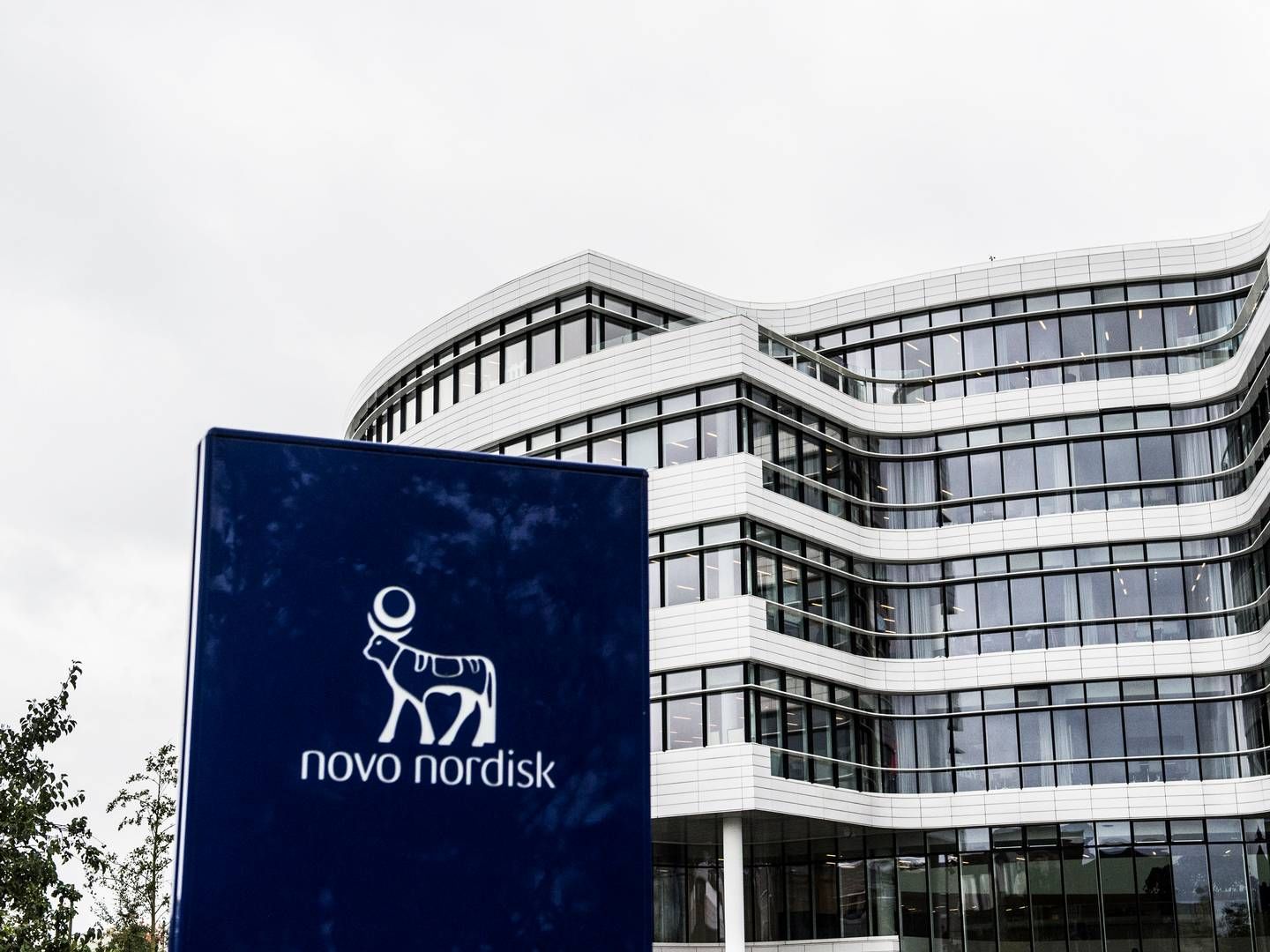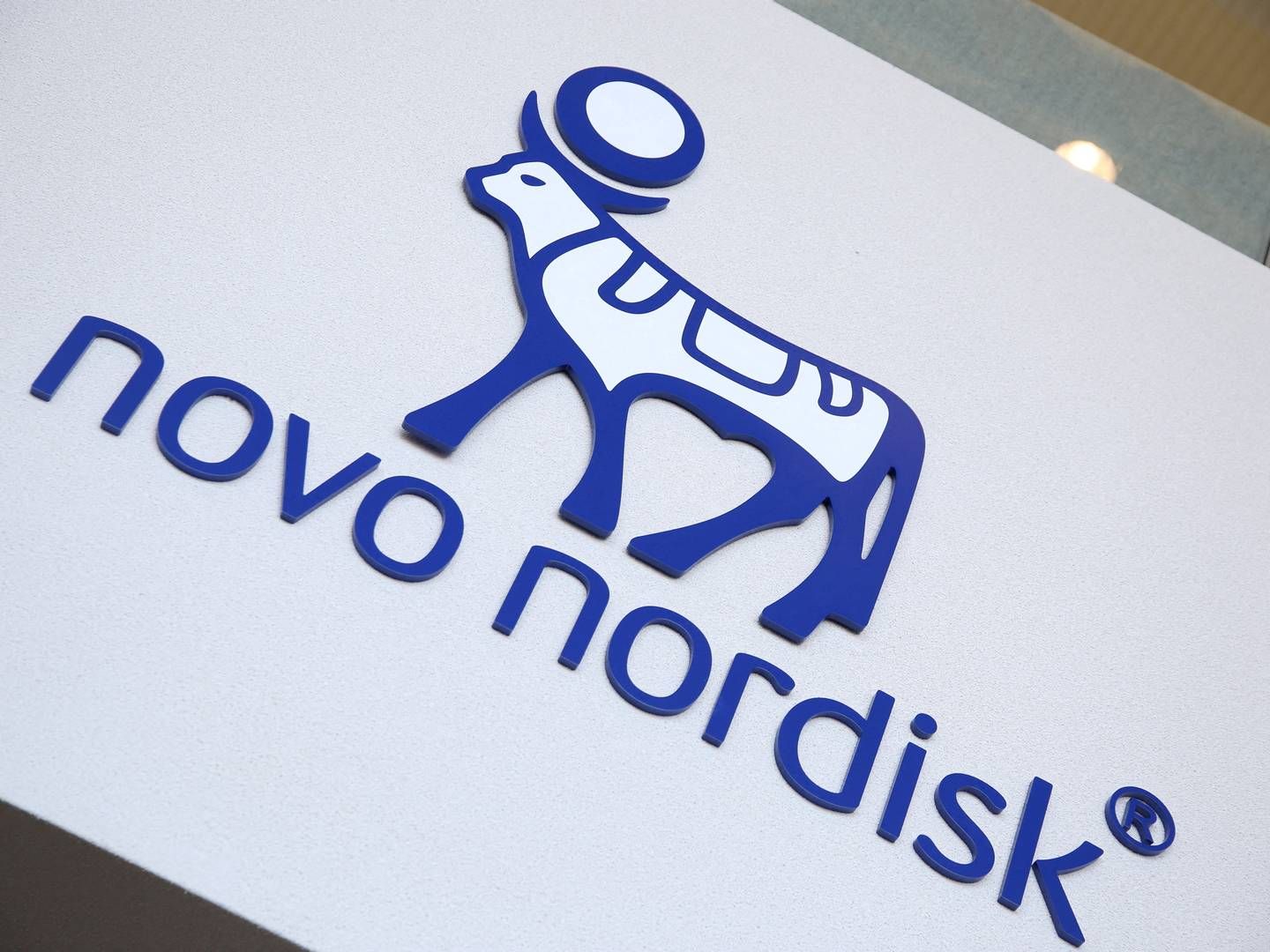Novo-exec: Alzheimer’s could be the next big gamble

Diabetes-related diseases, bleeding disorders and inflammation diseases – that is where Novo Nordisk’s focus lies in terms of developing new drugs. But the brain disorder Alzheimer’s could be added to the portfolio of diseases in the near future.
The results of a new animal study sponsored by the association Alzheimer’s Society suggest that Novo Nordisk’s high-grossing GLP-1 analogue, Victoza, (with active substance liraglutide) could have a positive effect on Alzheimer’s disease.
“As soon as we have indications that humans are a species in which we can expect liraglutide to have beneficial effects, we will seriously consider to go actively into this on our own,” says Mads Krogsgaard Thomsen, CSO in Novo Nordisk, to Medwatch.
The study is based on tests on mice suffering from Alzheimer’s, where it has led to a significant improvement in cognitive abilities. Furthermore, the tests showed that the drug reduced the harmful build-up of plaque in the brains of the mice by 30 %. The build-up of plaque in the brain is seen as one of the main causes of Alzheimer’s.
Major study to provide answers
And now a large-scale clinical study led by Dr. Paul Edison from Imperial College London and funded by Novo Nordisk and the Alzheimer’s Society is going to test liraglutide’s effect in humans, with patient recruitment set to commence in coming weeks.
If the study yields sound results, would that clear the way for Novo Nordisk to branch out into another disease area – to add an extra leg?
“If we see effects that favourable in this study (as the ones from the mice tests, ed.), it would be natural for Novo Nordisk to pursue it actively. The study to be conducted is so deeply professional, and run by some of the people conducting the most advanced research in this field, that we have no doubt it has been placed in the best hands possibly. So we would look at it with a very, very positive mindset, if something comes from this,” says Mads Krogsgaard Thomsen.
He estimates that it will be up to three years before the trial results are ready. Novo Nordisk currently supports a number of external research projects aimed at examining the GLP-1 drugs effect on Alzheimer’s, but have chosen not to focus on it inside the organisation.
A chunk of 20 billion
The need for an effective treatment for Alzheimer’s is huge, as is the money awaiting the company that finally manages to crack the code and deliver a proper therapy. A report from BBC Research shows that the global market for Alzheimer’s drugs was at 10.2bn dollars in 2012.
Many experts put the potential Alzheimer’s market at 20bn dollars, providing that a proper treatment can be developed. The association Alzheimer’s Disease International estimates that there were 36 million people suffering from the disease across the globe in 2010, and says that number will rise to 66 million people in 2030 and even more to 115 million people in 2050.
Asked whether it is the huge financial potential that is behind a decision to pursue an Alzheimer’s treatment, Mads Krogsgaard Thomsen says:
“Of course that would be a logical consequence, but in this instance, I think it’s more a matter of doing it because we find it extremely exciting, scientifically, to make a difference. Who doesn’t have an Alzheimer’s sufferer in their family or among their friends?” he asks rhetorically, adding:
“But I’ll admit it. If we succeed and we end up in the extremely lucky circumstances that we make it all the way through a development program and confirm the beneficial effects we have seen in animals, then we would obviously make money off of it. But that is not the primary motivating factor. It is within other areas.”
Rivals stirring
It is not only in Novo Nordisk that they have discovered the potential effect of the GLP-1 class against the dreaded, age-related disease. Two rivals, Bristol-Myers Squibb and AstraZeneca, co-market a similar GLP-1 analogue, Byetta, with the active substance exenatide. At the moment, the National Institute on Aging (NIA) is conducting a study with exenatide against Alzheimer’s in the US.
But there is no guarantee that liraglutide actually works on human Alzheimer’s sufferers. In 2012, researchers from Aarhus University, sponsored by Novo Nordisk, examined liraglutide in a controlled, randomized study. This study has shown no effect on the disease among the 40 patients participating in the tests.
What does it tell you that there are ambiguous answers?
“That we need to shed more light on it. I don’t know the details from the Aarhus study, but from what I gather it involves so few patients that the best you can hope for in a study like this is to find some tendencies, some trends, something that isn’t clinically significant, some arrows that point in an interesting direction,” says the scientific director.
Liraglutide has so far turned out to be a veritable pot of gold for Novo Nordisk, as the substance works on a number of indications.
“We work with type 1 diabetes, we are on the market with type 2, we are done with the development within obesity and pre-diabetes. Of the areas outside of diabetes and obesity, I do believe that Alzheimer’s is the most promising, as I see it at the moment,” says Mads Krogsgaard Thomsen.
- translated by Martin Havtorn Petersen
Want to receive the latest news from Medwatch straight in your e-mail inbox? Sign up for our free english newsletter below.
Relaterede artikler
Novo-CSO: It is all on a very speculative level
For abonnenter
Novo-CSO: It’s a setback, we have to admit it
For abonnenter
Novo-CSO: The war with Lantus is on
For abonnenter































